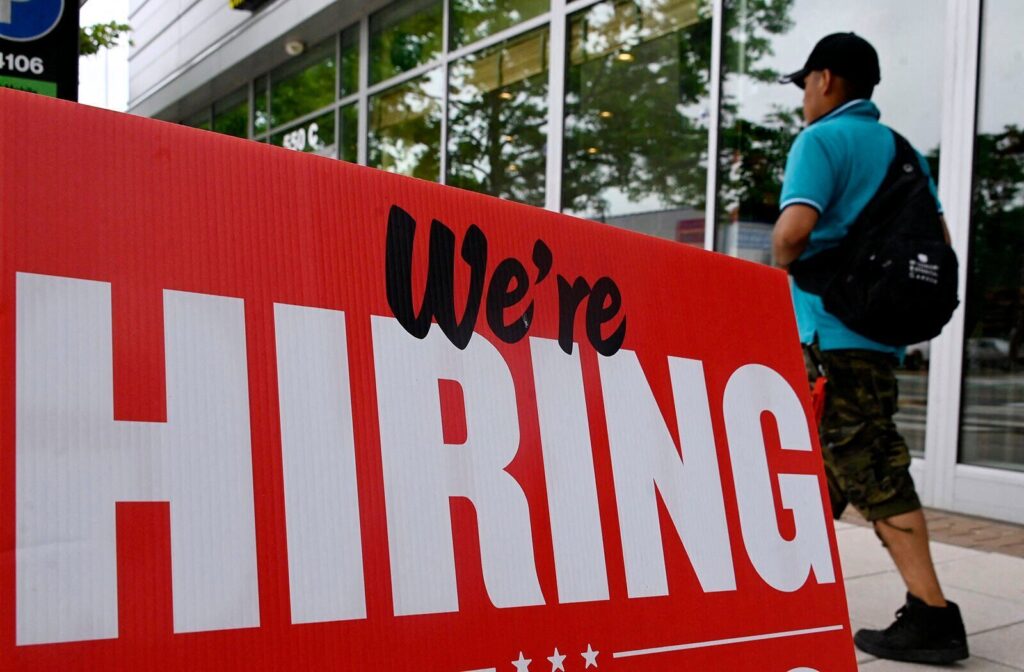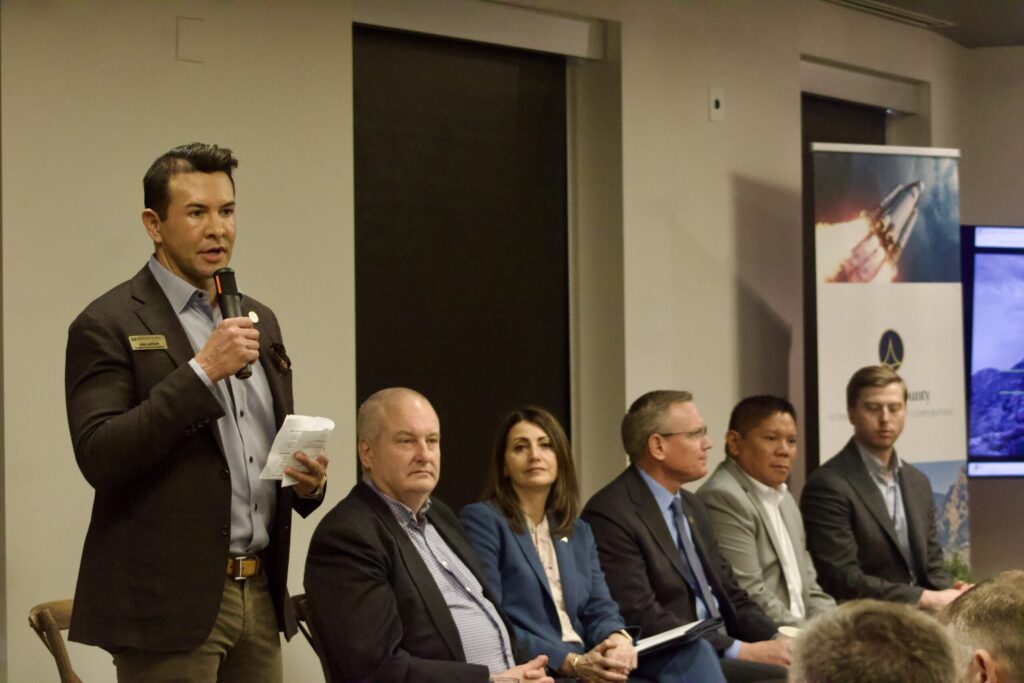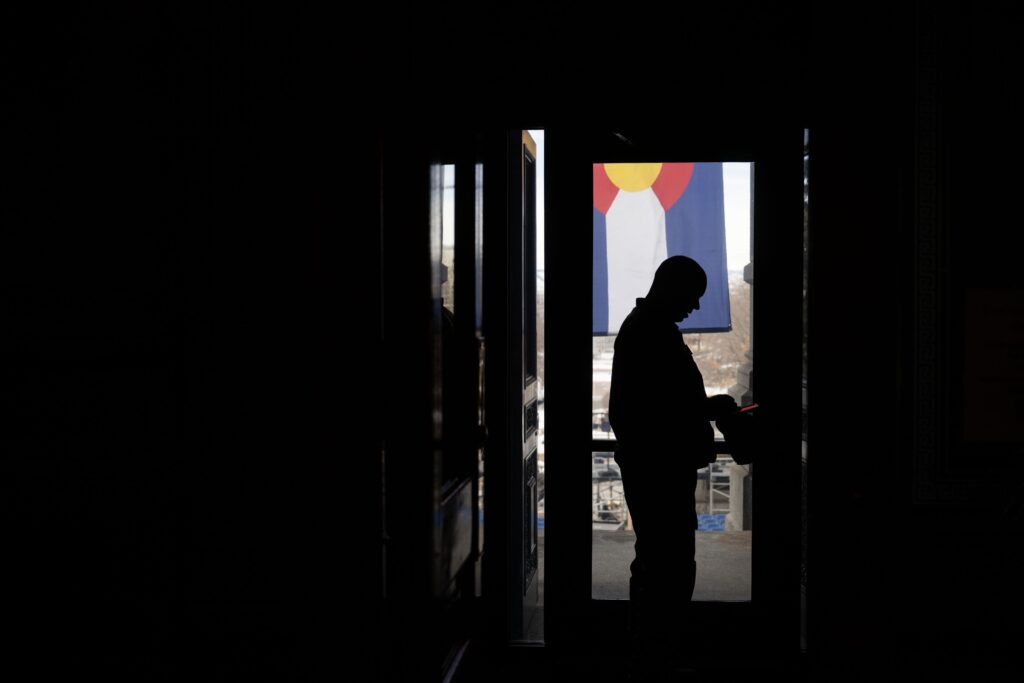New AI bill in Colorado would mandate disclosure of ‘non-human’ nature

Not into chatting with chatbots?
There’s a bill making its way through this week’s special session that sponsors say would increase transparency around how consumers interact with AI systems.
Members of the House Business Affairs & Labor Committee voted, 8-5, on Thursday to advance an amended House Bill 25B-1008, which seeks to protect consumers by requiring AI systems to clearly disclose their “non-human nature” to people.
It also promises to “fix” last year’s AI bill, Senate Bill 24-205, according to Rep. William Lindstedt, a Broomfield Democrat and one of the bill’s sponsors.
“This bill is still a big step in the right direction from SB 205,” said TechNet Executive Director Andrew Wood.
Opponents argued that SB 205, which is currently set to take effect on Feb. 1, 2026, places overly burdensome requirements on AI developers and would deter companies and jobs from coming to Colorado, not to mention millions of dollars in implementation expenses.
“The law creates significant and likely unintended barriers to innovation, and especially for small AI developers who must produce large volumes of documentation, explain complex technical systems and plain language,” said Jon Nordmark, developer and co-founder of Iterate.ai, adding that the current law stifles innovation.
HB 25B-1008, if passed, would postpone SB 24-205’s start date until Jan. 1, 2027, giving sponsors and others the necessary time to flesh out the state’s AI regulatory framework.
Specifically, HB 25B-1008 repeals standards and requirements for the development and use of artificial intelligence systems established in SB 24-205. It also establishes consumer and “anti-discrimination” protections effective Jan. 1, 2027, and it imposes requirements for public school and public entity contracts.
Along with mandating the identification of AI systems as such, developers of such software would also be required to disclose the name of the system developer, any associated trade name and contact information.
Under the proposal, should developers use AI systems in nefarious ways that violate the Colorado Consumer Protection Act, they could be sued by the attorney general.
Sponsors say the intent is to protect consumers from potential misleading interactions with artificial intelligence entities.
In a letter, Denver Mayor Mike Johnston, Colorado Springs Mayor Yemi Mobolade and Aurora Mayor Mike Coffman have called on state legislators to intervene and stop SB 205 from going into effect as planned.
“As mayors of the three largest cities in Colorado, with different political affiliations, we are speaking with one voice today because Colorado cannot afford SB24-205 to take effect in its current form,” the mayors said.
Colorado Politics Deputy Editor Thelma Grimes contributed to this story.













